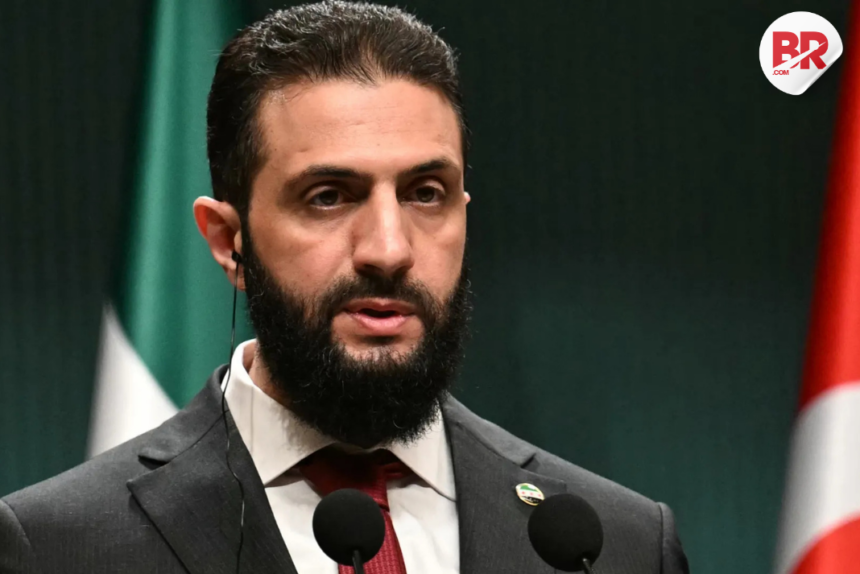
In a major international shift, the European Union has officially lifted all economic sanctions on Syria, following a similar move by the United States.
The decision comes five months after the ouster of longtime dictator Bashar al-Assad and is seen as a key step in supporting Syria’s recovery after over a decade of war.

For everyday Syrians, this could finally mean relief. Sanctions had choked the economy, limited access to medicine and basic supplies, and driven up poverty. Now, with restrictions gone, the new leadership in Damascus says it’s ready to rebuild—and it wants the world’s help.
From Dictatorship to Diplomacy: What’s Changed in Syria?
The new Syrian regime is led by Ahmed al-Sharaa, a former rebel commander who helped bring down Assad in December 2024. Foreign minister Asaad al-Shalbani called the EU’s decision a “turning point,” urging foreign investors to engage with Syria’s reconstruction efforts.
“The doors are open,” Shalbani said. “The region—and the world—supports our path forward.”
But let’s not pretend this is all smooth sailing. Europe’s leaders are cautiously optimistic at best.
EU Foreign Policy Chief Kaja Kallas said the bloc remains committed to Syrians but warned of potential instability. European Commission President Ursula von der Leyen echoed that the new leadership brings “hope and risk in equal measure.”
Today, we took the decision to lift our economic sanctions on Syria.
We want to help the Syrian people rebuild a new, inclusive and peaceful Syria.
The EU has always stood by Syrians throughout the last 14 years – and will keep doing so.
— Kaja Kallas (@kajakallas) May 20, 2025
Investors, Aid Groups, and Eyebrows Raised
Some, like French President Emmanuel Macron, argue lifting sanctions was overdue. “You can’t rebuild with your hands tied,” he said. Macron pushed for removing economic blocks to let aid, business, and opportunity flow back into Syria.
Others worry it’s too soon. After all, revolutions don’t guarantee democracies—and rebel leaders don’t always age well in office.
Still, for a country that’s seen over 500,000 dead and millions displaced, this moment feels like a rare window of possibility. If managed right, it could help Syria finally rise from the rubble.
International watchdogs and economists warn that while reopening trade is necessary, it must come with accountability and oversight. Rebuilding a country is hard. Rebuilding trust is harder.
But here’s the irony: after years of global silence, all it took was a rebel win for the world to suddenly remember Syria existed. War gets attention. Peace gets paperwork.
The EU’s move is big. It sends a message: Syria has a future, and the world is watching. Now it’s up to the new leaders to prove they deserve that spotlight.
Also Read Trump Gives In to Putin, Endorses Russia’s Ukraine War Position in High-Stakes Call












